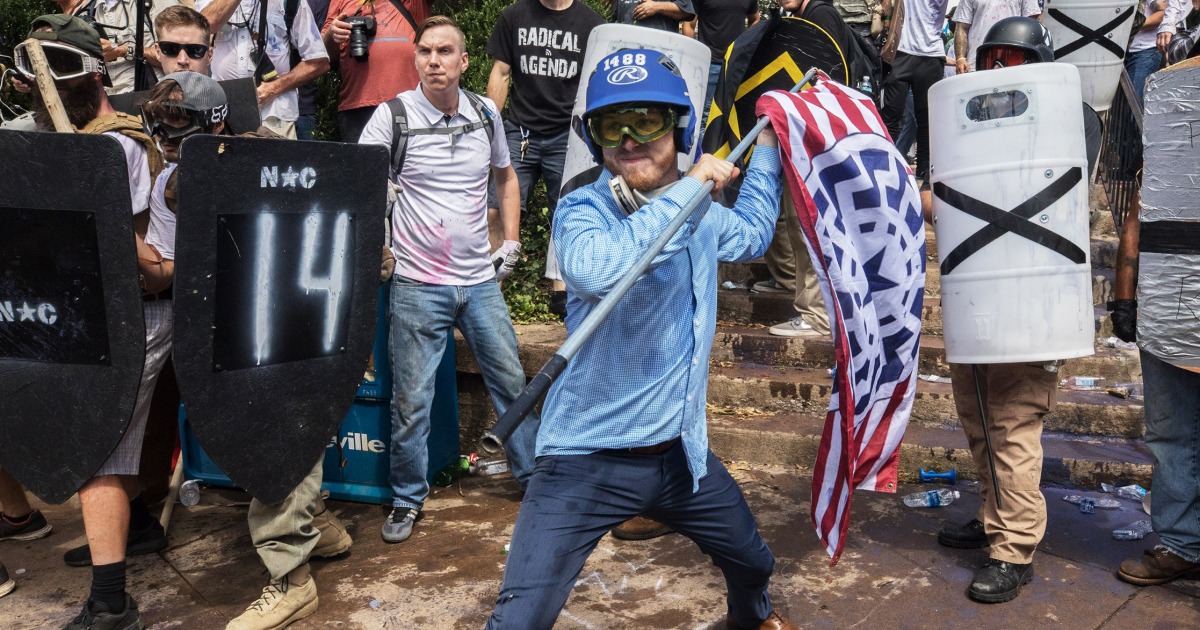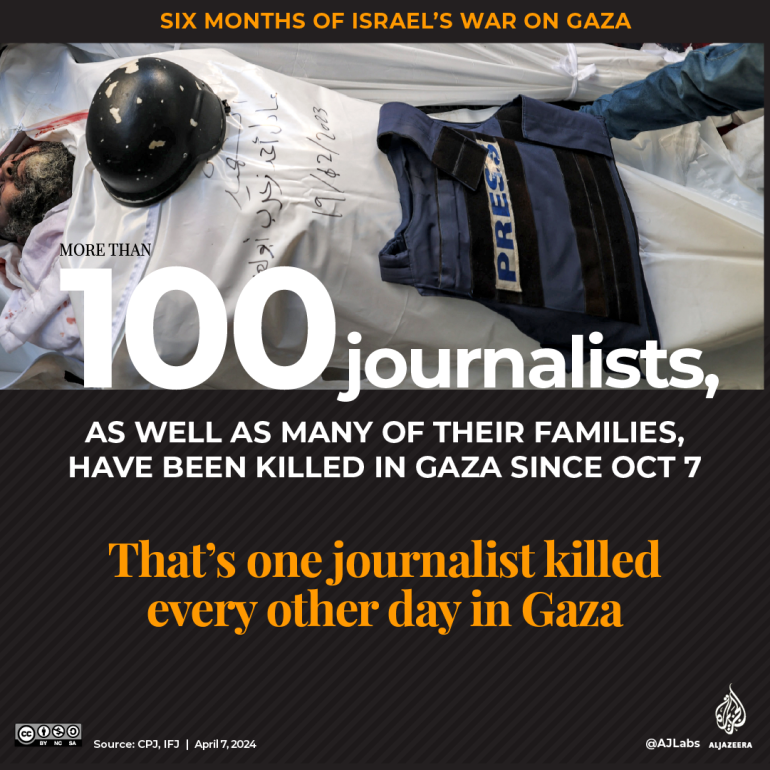franky the anti black, anti-semitic terror supporter(why is he not banned yet by the mods? ) is on ignore moving on....
Serbian authorities arrested two additional suspects after a terrorist shot a police officer with a crossbow outside the Israeli embassy in Belgrade, the Balkan nation’s interior minister said on Sunday.
“Searches were conducted at several locations in Serbia, dozens of people were questioned,” Interior Minister Ivica Dačić told the state-run
RTS broadcaster. Prosecutors are probing whether they were linked with Saturday’s “targeted terrorist attack,” he added.
“What is indisputable about all those people is that they belong to the Wahhabi extremist movement,” Dačić said, in reference to one of Sunni Islam’s most radical variants, which is also Saudi Arabia’s state religion as well as that of Hamas linked Qatar’s rulers.
Early on Saturday, a
Serbian police officer shot dead a man who had fired a crossbow at him outside the Israeli mission in the capital’s Savski Venac government district. The officer was wounded in the neck by an arrow but was able to return fire in self-defense.
“Today, an attempted terror attack occurred in the area of the Israeli embassy in Belgrade. The embassy was closed, and no staff were hurt,” the Israeli Foreign Ministry in Jerusalem said.
The terrorist was identified by local police on Sunday as a convert to radical Islam from Mladenovac, near Belgrade, who lived in the city of Novi Pazar, historically a center of Serbia’s Bosniak Muslim minority.
Israeli legations around the world have been on high alert since the Hamas-led Oct. 7 terrorist invasion of the northwestern Negev.
Earlier this month, a man threw a Molotov cocktail at the Israeli embassy in the Romanian capital
Bucharest. There were no injuries or damage from the attack and the suspect, of Syrian origin, was detained.
Israel’s embassy in the
Netherlands was firebombed in March, and in January, an apparent explosive device was found near the diplomatic mission of the Jewish state in the Swedish capital of Stockholm.
The Terrorist Republic of
Iran was behind the
Swedish attack and other terror acts targeting Israeli embassies throughout Europe since Oct. 7, Israel’s Mossad intelligence agency revealed late last month.
Serbia detains Islamic terrorists after Israeli embassy attack - JNS.org














